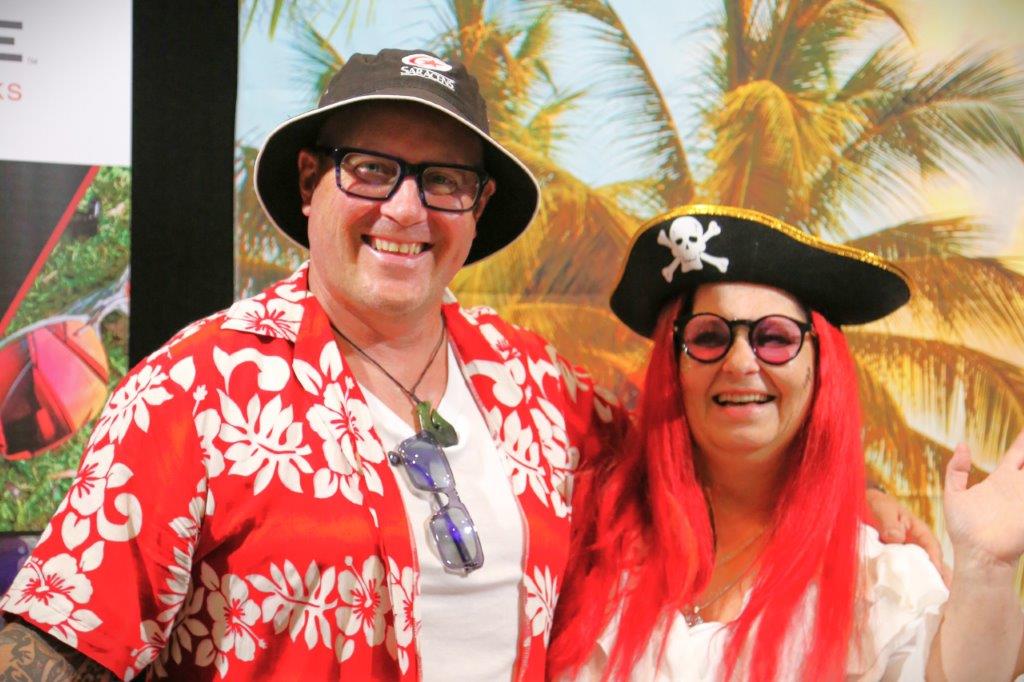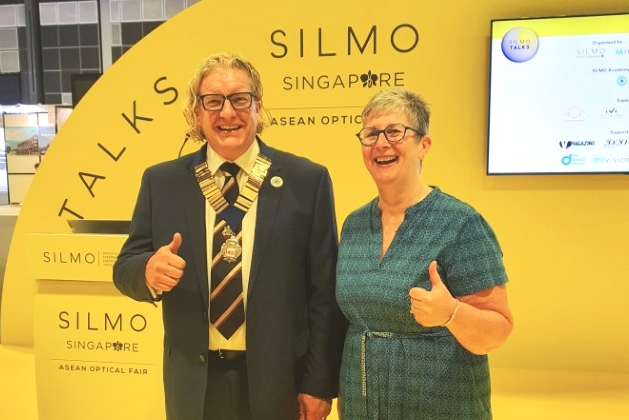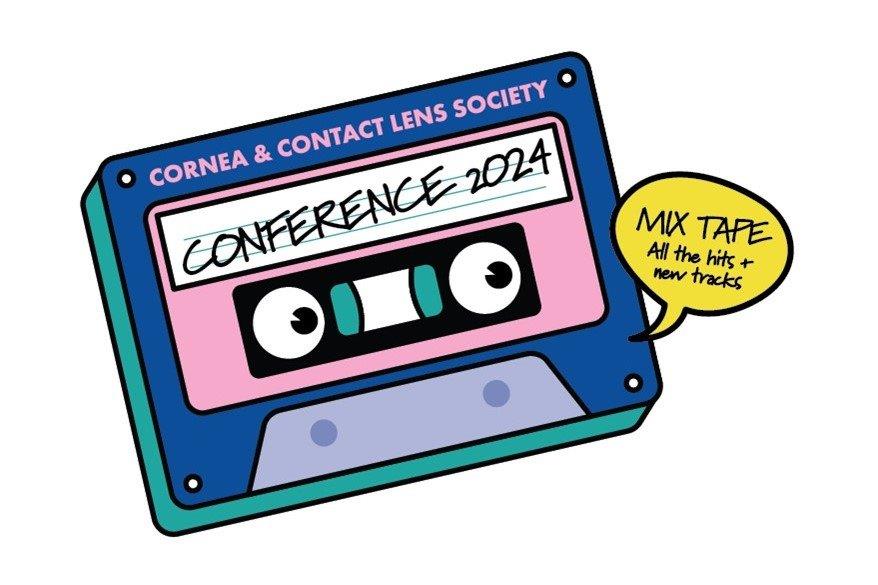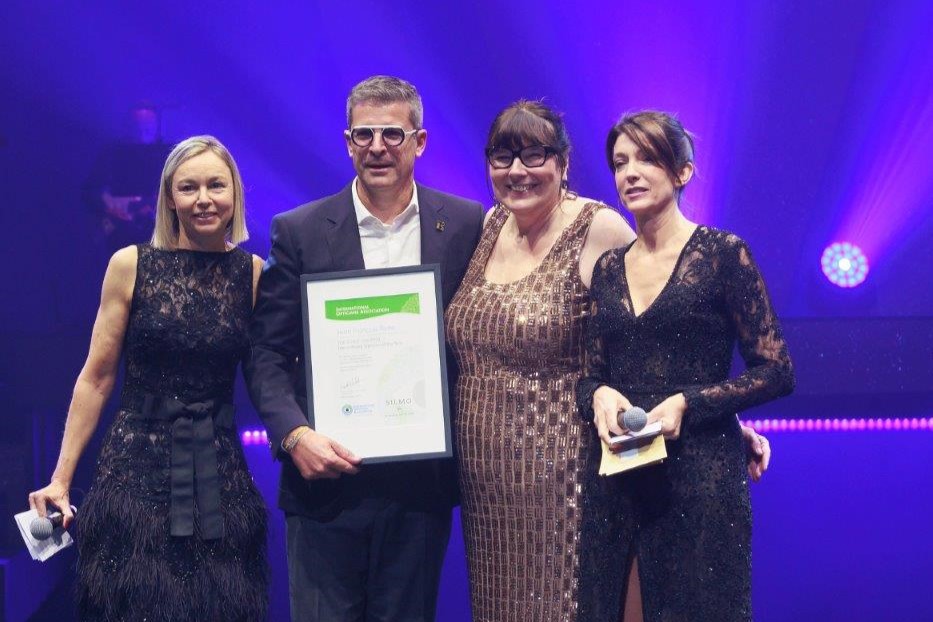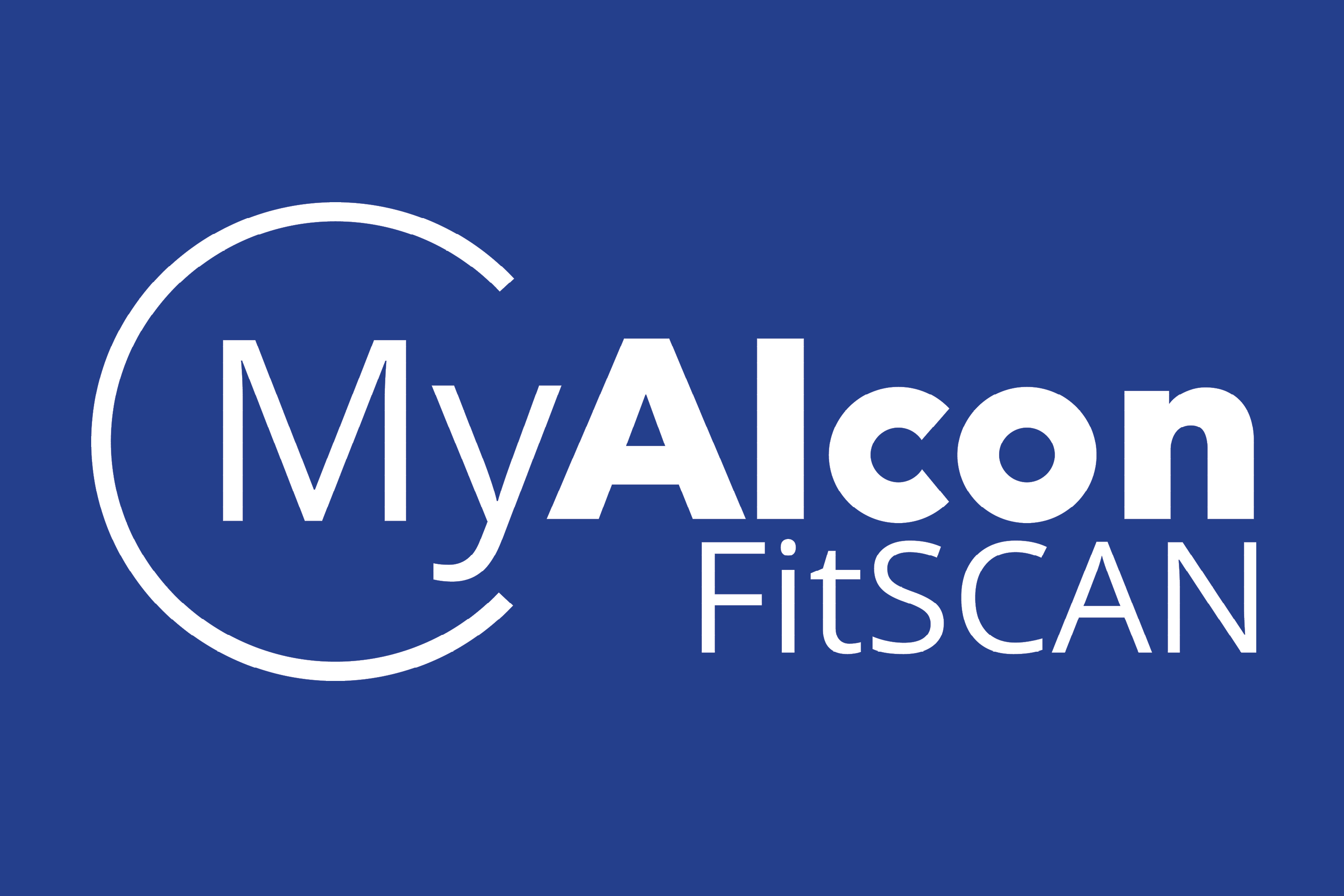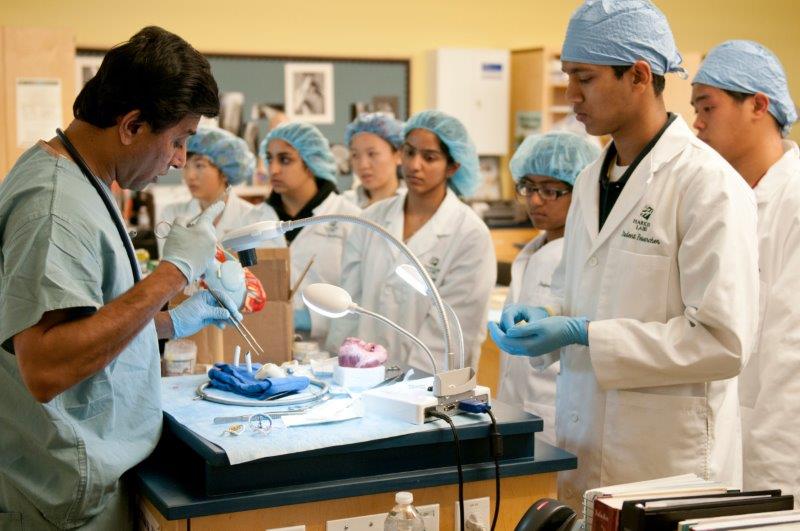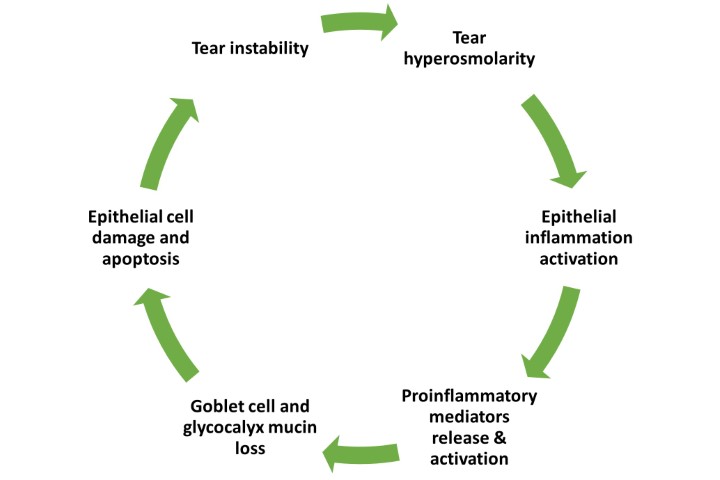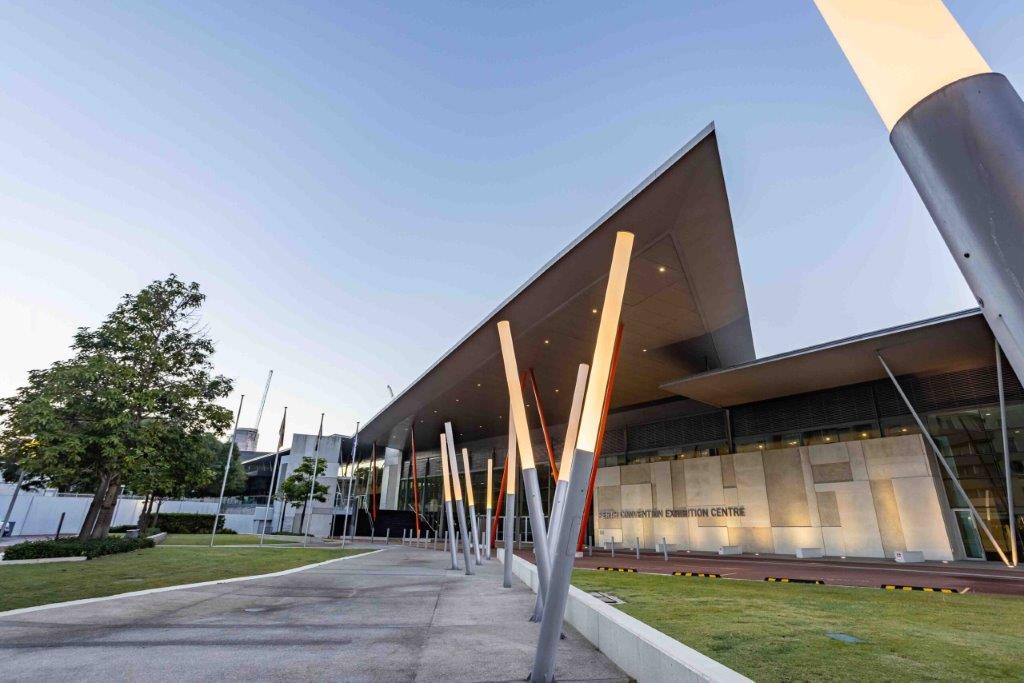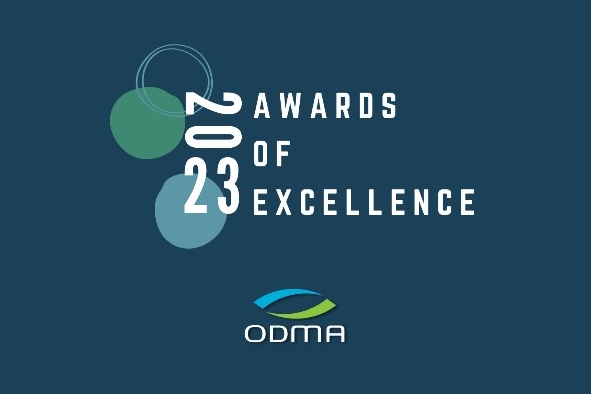Concerns raised about The Optical Shop
Complaints have been laid with the Ministry of Health (MoH), Te Whatu Ora and the Commerce Commission about The Optical Shop’s rental and promotion of a new, self-testing refractive device called Eyeque.
Established by Steve Foster, founder of Northland-based contact lens sales firm Ezyvision, The Optical Shop sells glasses with single vision lenses for as little as $29 up to $69 through two stores in Waipapa and Whangarei. The company encourages customers to bring in their existing prescription or hire its Eyeque smartphone-testing device for $10 per day to do their own test. Although it’s legal for anyone to sell frames and lenses, it is illegal for anyone other than a registered health practitioner to prescribe lenses under the Health Practitioners Competence Assurance (HPCA) Act 2023. Recognising this, The Optical Shop’s disclaimer states its team cannot assist anyone with the test nor allow the test to be taken on its premises.
Hadyn Treanor, president of the New Zealand Association of Optometrists (NZAO), said he believes The Optical Shop is intentionally trying to exploit a loophole in the law. In an official letter to Te Whatu Ora, NZAO points out, “This method potentially misleads the public, as individuals might assume this device is a suitable substitute for a comprehensive eye examination… This practice not only endangers eye health but also risks deceptive conduct allegations under the Fair Trading Act 1986.”
On its website, The Optical Shop states Eyeque shouldn’t be used by anyone with glaucoma, macular degeneration or any other eye condition. But this is meaningless, said Treanor, since a user wouldn’t know if they have an eye condition if they’ve not had a proper eye exam, especially as many conditions, such as glaucoma, are initially symptomless.
Supporting NZAO’s concerns, the Optometrists and Dispensing Opticians Board has also written to the Ministry of Health’s enforcement team stating that it, “considers that the eye tests and other services provided by The Optical Shop pose an unacceptable risk of harm to the public”. These complaints are supported by the Royal Australian and New Zealand College of Ophthalmologists (RANZCO) and the Association of Dispensing Opticians of New Zealand (ADONZ), which has also written to the ministry and urged its members to do the same. “The focus was on the safety implications of the (Eyeque) device, not the cost of products,” said ADONZ president Courtney Chellew. “ADONZ strongly expressed our concerns to the ministry regarding the potential dispensing of glasses from a ‘valid’ prescription (and) the fact the retailer was stating this device must be used ‘offsite’ to circumvent liability. We believe that the unregulated offering of at-home eye testing sets a dangerous precedent… and we urged the ministry to take strong action.”
The ministry’s initial view, however, is that a record generated from a device used independently by consumers in their own space doesn’t fall foul of the Act, said MoH’s chief legal advisor Phil Knipe.
For the ministry to act, a consumer would need to make a formal complaint after suffering a serious event, such as developing glaucoma or losing their sight in some other way, said Treanor. “And none of us want that to happen, so we want action on this now.” He said he is more hopeful the Commerce Commission can do something. “The commission has come back to us seeking clarification.” If a business is knowingly putting people at risk for its own gain, that’s a breach of the Fair Trading Act, he said.
The Optical Shop’s founder Steve Foster said the Eyeque device is freely available to anyone to buy online and, given the number of people buying it, it’s obviously something people want. “So making something like this available has benefits, especially in remote regions where even transport is not cheap and is more difficult to arrange.”
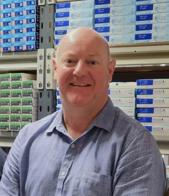
The Optical Shop's founder Steve Foster
When asked about the health concerns of self-testing, however, Foster said he points customers to the information on his website. “Based on the advice we got from various entities prior to deciding to make the device available, what’s on our website is what we currently say.” As to whether this might change, given the concerns now raised by the country’s eyecare professionals (ECPs), he said that would depend on the views of his advisors. He was unwilling, however, to say who these advisors were or if they were even ECPs, citing it was his business’ intellectual property. Cost, remoteness and preconceived barriers are big factors in people in the Far North not seeking eyecare, which means any of them could be developing glaucoma right now, regardless of whether they’ve heard of The Optical Shop or Eyeque, he said.
For too long glasses have subsidised the cost of optometry visits, devaluing the health imperative of eye exams, said Treanor. Perhaps it’s time for a change, he said, especially if the government finally agrees to subsidise eye exams like they do GP visits. “If eye tests were $200 and glasses only cost $50, is that a better system?” Donald Crichton, Northland-based dispensing optician and president of the International Opticians Association, said he has some sympathy for both sides, especially given the poverty up North. He agrees it may be time to look at a different model of eyecare that separates retail from clinical and charges a fairer price for both.
If The Optical Shop provides glasses and lenses at an affordable price, nobody has a problem with that, said Treanor. “But to try and attract business by (possibly putting) people at risk and circumventing our laws, which are there for a reason, that’s the issue.”













